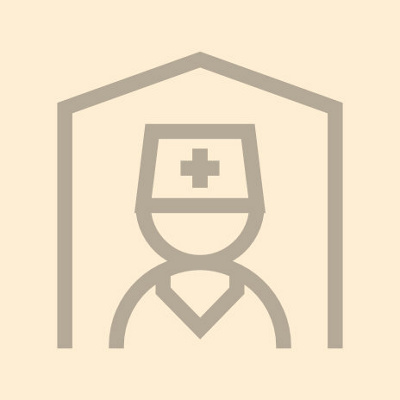Energy drinks have gained significant popularity among South Africans, turning to these beverages for a quick energy boost. Dr Shane Rosenberg, Emergency Centre GP at Mediclinic Legae and Muelmed in Pretoria, shares some of the risks and side effects of overconsumption.
“In South Africa and globally, adolescents (ages 13-17) and young adults (ages 18-34) are the most vulnerable to the negative effects of prolonged energy drink consumption. This is due to higher consumption rates, their vulnerability to caffeine’s stimulatory effects, and the increased likelihood of combining energy drinks with alcohol or other substances,” Dr Rosenberg explains.
Both groups are prone to neurological issues, such as sleep disturbances, anxiety, and cognitive impairments, as well as dependence. Athletes and individuals with pre-existing health conditions are also at heightened risk due to the severe physiological reactions these stimulants can provoke.
Not everybody who frequently uses energy drinks is an addict or addicted, but the shift to casual consumption is definitely a concern.
How do I know if I am becoming addicted?
Energy drinks can provide a temporary energy boost, but excessive consumption may lead to several negative physical and psychological effects. Physical symptoms include restlessness (jitteriness), insomnia, increased heart rate, heart palpitations, tremors, and headaches. These symptoms are largely due to the high caffeine content in energy drinks. Psychologically, overuse can lead to heightened anxiety, mood swings, and potential dependence. Reducing your intake or switching to healthier alternatives like water, herbal teas, or natural fruit juices can help restore balance and protect your long-term health.
The most harmful ingredients in energy drinks are excessive amounts of sugar and high levels of caffeine. These ingredients, when consumed in large quantities or combined with other stimulants, can be particularly dangerous. Individuals with underlying health issues, such as heart problems or high blood pressure, should be especially cautious.
With all these potential health risks associated with the drinks, it raises the concern of whether they should have harsher age restrictions. “In my opinion, energy drinks should be restricted to adults, and companies should be required to include clear warnings on their products. Due to the high caffeine content, energy drinks are not healthy for children, and I have seen many teenagers develop arrhythmias and other serious medical conditions as a result of consuming high amounts of these drinks,” explains Dr Rosenberg.
It’s quite common to find energy drinks being mixed with alcohol, causing a whole new set of physical and psychological repercussions. “The stimulants in them can mask the depressant effects of alcohol, leading to overconsumption, impaired judgment, and risky behaviour. This combination increases the likelihood of accidents, dehydration, and heart problems. Psychologically, it can exacerbate anxiety, impair judgment, and contribute to emotional instability. Long-term, this combination can also lead to addiction, cardiovascular issues, and mood disorders,” Dr Rosenberg shares.
If you begin to show any of the mentioned symptoms, it’s not too late to reverse the damage. “The body can recover in most cases, though the speed of recovery depends on the severity of the symptoms, how long the person has been consuming energy drinks, and any pre-existing health conditions. For severe symptoms, such as seizures, it’s important to seek immediate medical attention,” Dr Rosenberg says.
If you’re experiencing any of these symptoms, visit your nearest Mediclinic Emergency Centre or consult your doctor.
Further publications on the topic
Doctors 1


